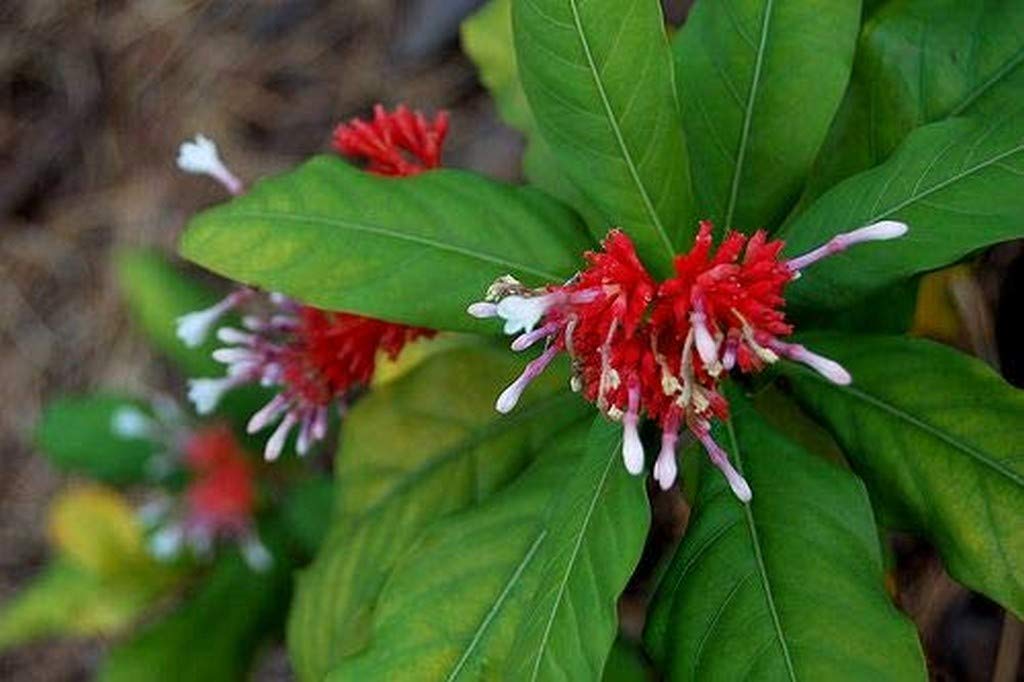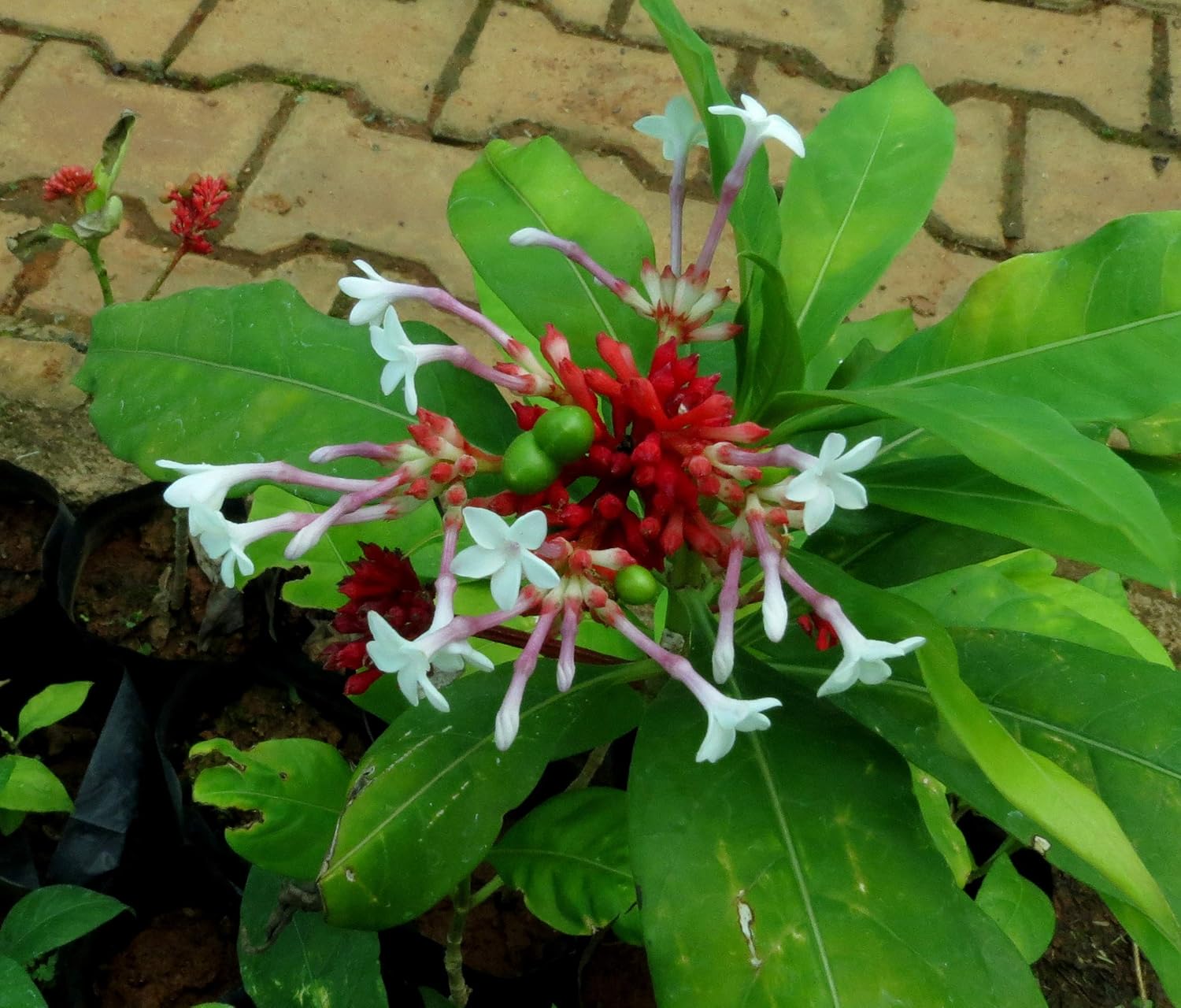DEPARTMENT OF BOTANY
MEDICINAL PLANTS
Rauvolfia serpentine (L.) Benth. Ex Kurzl
Common name: Indian snake root
Family: Apocynaceae
Genus: Rauvolfia
Species: serpentine
Malayalam Name: Sarpagandhi, Chuvanna-vilpori, Suvapavalforiyan
Tamil Name: Chivan amelpodi
Synonyms:
Ophioxylon serpentinum L.
Rauvolfia obversa (Miq.) Baill.
Other Names: Devil pepper, serpentine wood, Sarpagandha or Chandrika
Plant Description: It is an evergreen, perennial, under-shrub
Height: Grows up to 60 cm, but can be up to 90 cm
Leaves: Whorls of three, elliptic to lanceolate or obovate, bright green above, pale green below
Flowers: White or pinkish, in many-flowered cymes
Fruit: A drupe, slightly connate, obliquely ovoid, purplish black
Roots: Tuberous, pale brown cork, 0.5 to 2.5 cm in diameter, up to 40 to 60 cm deep into soil
Uses
Rauwolfia serpentina has found to be useful in treatment of anxiety, psychosis and epilepsy
It is known for reducing blood sugar levels.
By relaxing the blood vessels and regulating nerve function in the muscles leading to the heart, sarpagandha brings down high blood pressure
It can quickly heal wounds, inflammation and infections.
In Ayurveda, Sarpagandha is used for the treatment of high blood pressure, insomnia, asthma, acute stomach ache and painful delivery and for mental illness such as neuropsychiatric disorders, psychosis, and schizophrenia. The root is the genuine source drug of Sarpagandha.

